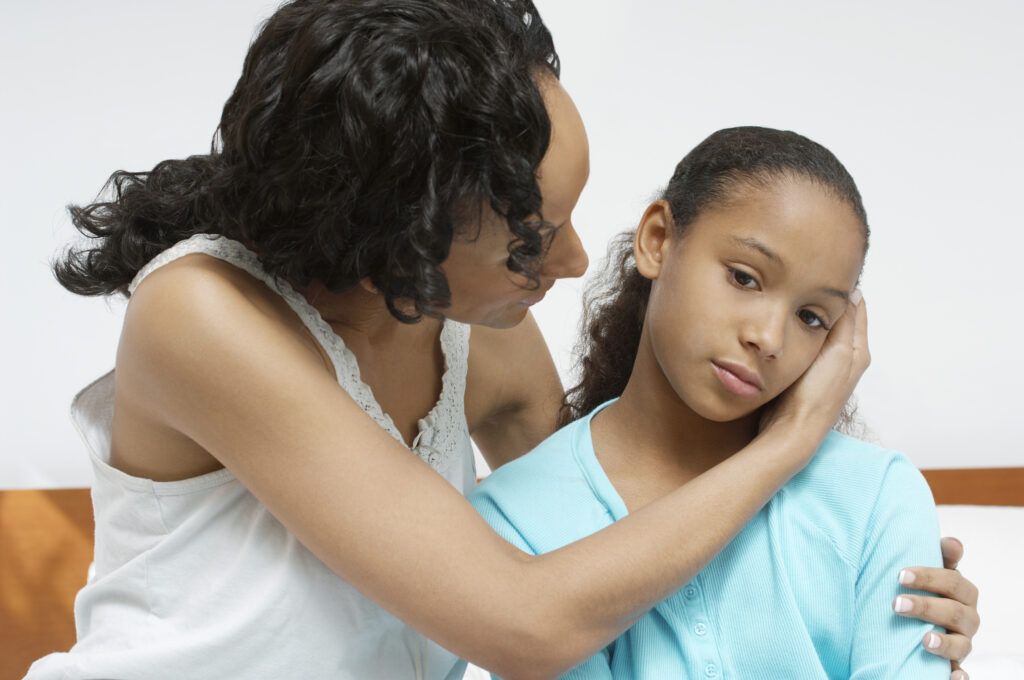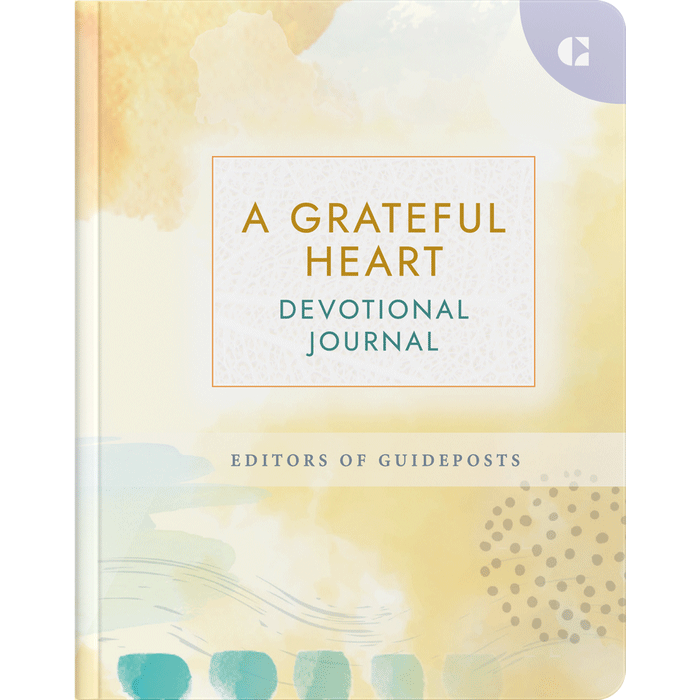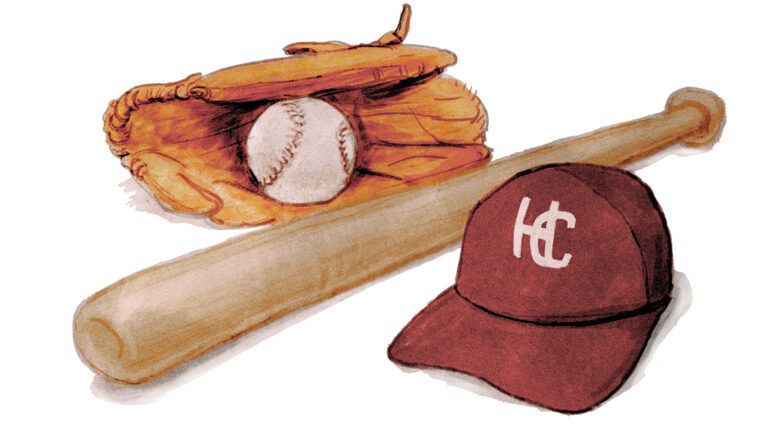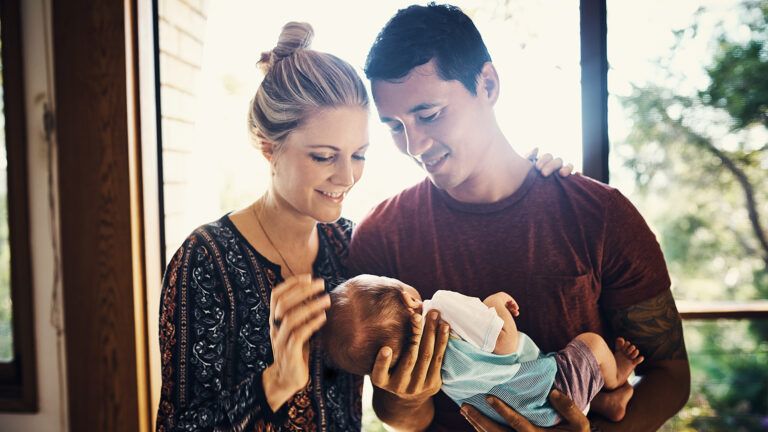My mom isn’t a doctor. She’s not a scientist. In fact, biology was her worst subject in school. She gets squeamish around blood, and hospitals make her nervous. Yet she was the one who challenged a physician’s diagnosis and saved me from a puzzling illness.
I’ve often wondered how she could know something my doctor didn’t. Is there really such a thing as “mother’s intuition?” As it turns out, a number of researchers believe stories like mine are just the tip of the iceberg.
In eighth grade, I began experiencing headaches and nausea. I was 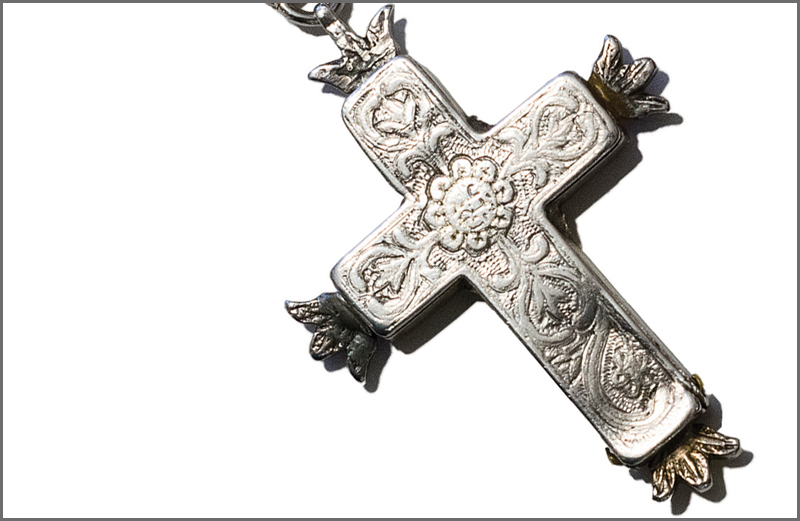
My mom tried to shake off her concerns. All parents worry about their children—but for her, this was more than worry. In the back of her mind, there was a nagging feeling—she knew something was very wrong. Pretty soon, I wasn’t the only one who couldn’t sleep. Over the next three months, she hauled me back and forth to half a dozen specialists.
“Everything looks okay, but we’ll run more tests,” one endocrinologist said. “Maybe we’ll think about getting an MRI down the line.”
MRI, MRI, MRI. On the car ride home, my mother couldn’t get those initials out of her head. She persuaded my dad to take a detour to my pediatrician’s office. While my dad and I waited in the car, she went inside and demanded that the doctor order an MRI.
He called her a hysterical, overprotective mother. An MRI was costly and unnecessary. “Maybe you need to have your head checked,” he said, trying to make light of the situation. But Mom didn’t think it was funny. Finally, the doctor wrote a referral.
That same day, I got an MRI. The results came the following afternoon—there was a cyst sitting on my optic nerve. We caught it just in time, before I lost my vision completely, and maybe even worse. All thanks to my mother’s weird, insistent feeling.
Curious after all these years about the explanation, I recently talked to Dr. Victor Shamas, a psychologist at the University of Arizona who has studied the phenomenon of mother’s intuition. Shamas conducted a study in the 1990s that suggests mother’s intuition starts early—during pregnancy.
One hundred women, who didn’t yet know the sex of their babies, were divided into two groups—those who had a gender preference and those who did not. The women were asked to guess “boy” or “girl” and explain how they made their choice.
Those who had no preference and made their determination based on intuition—say, a dream or a gut feeling—were correct 70 percent of the time, a far greater percentage than what would be expected by chance. How did Shamas account for such a phenomenon?
“Intuition is something that we don’t understand, but it’s not conscious reasoning,” he says. “I don’t know any reasoning process that a mother can use that says a plus b equals c and I know the sex of my baby.”
Shamas believes that it has to do with the bond formed in the womb. “The mother and the child share the same body for nine months.… That’s why the bond is so powerful,” he says. The mother actually becomes one with her child and can feel what the child is feeling, essentially transcending herself.
“My theory is, when your child is born, your life as an independent entity ends. You now define yourself as someone who is a parent and who is connected to this child,” Shamas says. “When you do that, you develop this intense compassion for your child. So their pain becomes your pain. Their experience to some degree becomes your experience.”
Perhaps my mother fought the doctors because she could understand my suffering in a way that no one else could.
“The mother and the child share
|
Parenting expert Dr. Michele Borba, the author of 12 Simple Secrets Real Moms Know, agrees that “oneness” is at the root of mother’s intuition. “The reason that we’re able to act on our intuition is that it’s not just that gut feeling,” she says. “It’s based on empathy. We’re so tuned in to them that we’re actually—it’s called stepping into their shoes—feeling with them. You’re in communion with the other person.”
That’s why mother’s intuition is most acute in times of distress, says Dr. Judith Orloff, an assistant clinical professor of psychiatry at UCLA and the author of Second Sight, a book examining intuition. “It’s easier to pick up dire situations or tragedies because it’s a louder intuitive signal. It’s like if you’re driving up the freeway, your attention goes to the accident rather than the happy family driving down the street.”
This intuitiveness can manifest itself in a number of ways—agitation, dreams, voices, even physical symptoms like higher blood pressure. Orloff had one otherwise healthy patient who experienced intense stomach pains. The woman called her son, who was away at college, and discovered he had appendicitis.
In the case of Dr. Joanne Cacciatore, a grief counselor and associate professor at Arizona State University, mother’s intuition presented itself in the form of disturbing behavior she couldn’t explain.
Cacciatore was pregnant with her fourth child when she got an overwhelming sense that “something’s wrong, something’s wrong, something’s wrong”—a feeling she hadn’t experienced with her other pregnancies. Doctors dismissed her uneasiness.
Then things got strange. In her third trimester, she came across infant obituaries in the newspaper. She instantly became tearful and felt sick to her stomach. Soon after, she read something in a library book about a baby who died at birth.
“The book fell from my hands,” she remembers. “I was very upset by it.” Three days later, she lost her baby.
Today, Cacciatore counsels grieving parents, many of whom have also experienced an intuition that their child was in danger. Cacciatore recalls one patient who woke up in the middle of the night at the exact time her son had been in a fatal car accident.
Another mother heard a distinct voice when her newborn son was placed in her arms. It said, Enjoy every moment because you’re not going to have him long. The boy died of cancer in his teens, and his mother had indeed cherished every moment he was alive.
Orloff stresses that many instances of mother’s intuition are positive, even joyful. She recalls one patient who felt an inexplicable rush of elation, miles away from where her daughter, unbeknownst to her, had just scored a big goal on the soccer field. She found herself practically jumping up and down, as if she were on the sidelines.
Orloff believes the phenomenon is a kind of unusual survival instinct. Mother’s intuition is a gift from God, she says, a “sixth sense that allows mothers to have information about their children.” She estimates that, in patients she’s worked with, mother’s intuition is correct almost 80 percent of the time.
So how can you tell the difference between a nudge from God and just nerves? At what point do you storm the pediatrician’s office to demand an MRI for your kid?
Make sure you’re listening to the right thing, Shamas cautions. “Intuition is a guiding voice that is subtle and doesn’t feel like it’s being influenced by me, by my conscious desires.” If you’re an overanxious parent, examine your feelings carefully and reasonably. Don’t confuse intuition with a desire to control your children’s lives.
Know and trust yourself—confidence is crucial, Borba says. She warns that self-doubt, fear, distraction and even advice from other parents can all distort your feelings.
“If it’s deep in your heart and it’s gnawing at you and it keeps coming up and resonating with you,” Borba says, “and no matter what you hear from somebody else—regardless of their authority, their degrees or their age—something tells you what they’re saying isn’t right and it’s not working for your child, chances are you are correct.”
Doctors too should employ a “better safe than sorry” approach, Cacciatore says. Mother’s intuition may not always make sense or even be correct, but it’s still a force to be reckoned with.
“It’s this great mystery that persists,” Cacciatore says. “But it’s a powerful mystery.”
One that might very well have saved my own life.
